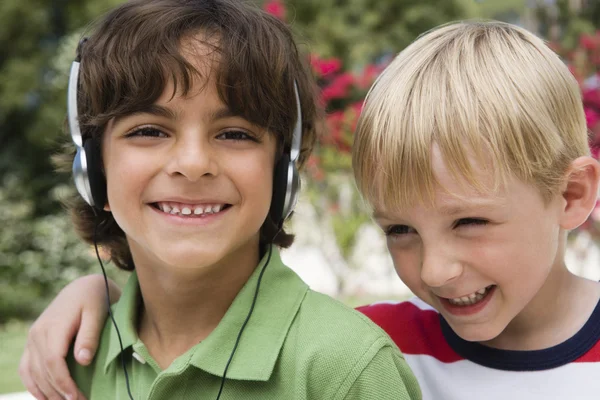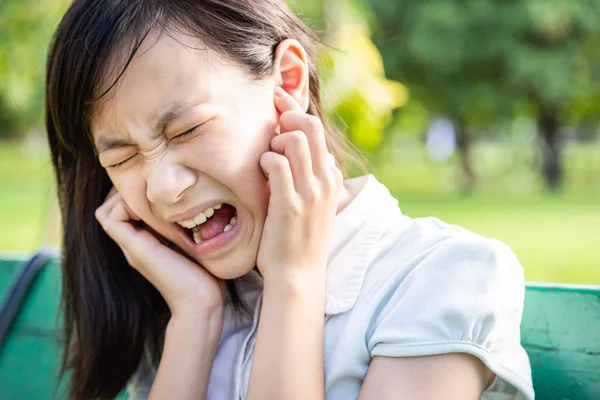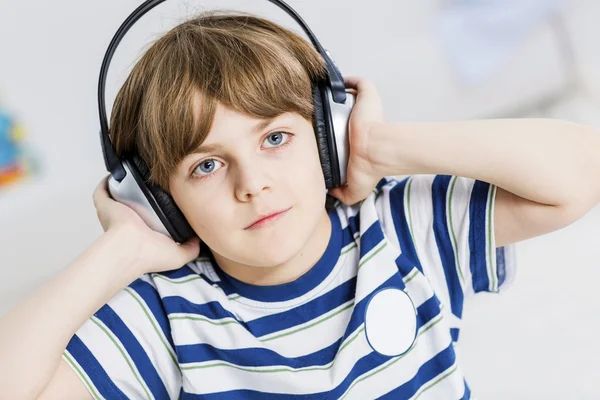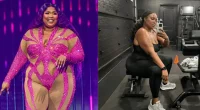Prevent Hearing Loss in Children is often perceived as an issue that primarily affects adults, but recent statistics reveal a concerning trend among children. According to the Centers for Disease Control and Prevention (CDC), approximately one in eight children and teens aged 6-19 have already experienced noise-induced hearing loss. As parents, understanding how to protect your child’s hearing is crucial. This article provides essential tips for safeguarding your children from hearing loss, including the importance of education, safe listening practices, and awareness of medication side effects.

Educate Your Children About Hearing Loss
One of the most effective ways to prevent hearing loss is through education. Instilling an understanding of the value of hearing in children can empower them to make informed choices about their auditory health.
- Teach the Risks: Start conversations about loud sounds and their potential impact on hearing. Use everyday examples, such as hair dryers or blenders, to illustrate how common household items can be harmful if used improperly.
- Utilize Awareness Campaigns: Leverage events like World Hearing Day, celebrated annually on March 3rd, to reinforce the message about hearing health. The World Health Organization (WHO) provides resources and themes each year that can be used to educate children about the importance of protecting their ears.
Teach Safe Listening Habits
Creating a culture of safe listening at home is vital. Here are some strategies to implement:
- Volume Control: Encourage your children to keep the volume down when using personal audio devices or watching television. A good rule of thumb is that if someone else has to shout for them to hear over the noise, it’s too loud.
- Listening Breaks: Teach your kids the importance of taking breaks from continuous listening. This helps prevent fatigue on their auditory system and reduces the risk of damage over time.
- Recognizing Dangerous Sounds: Instruct them to cover or plug their ears when exposed to sudden loud noises, such as sirens or fireworks. This simple action can significantly reduce the risk of immediate damage.
Also Read | How Parental Stress Affects Family Well-Being and Child Development
Use Hearing Protection
In situations where loud noises are unavoidable, using hearing protection is essential:
- Types of Protection: Equip your child with earplugs or earmuffs when attending concerts, sporting events, or fireworks displays. Earplugs are discreet and effective for older children, while earmuffs may be better suited for younger kids.
- Model Good Behavior: As a parent, demonstrate good hearing protection habits by wearing ear protection yourself in loud environments. This sets a positive example for your children.
Schedule Regular Hearing Check-Ups
Regular hearing assessments are crucial for early detection and intervention:
- Importance of Early Detection: Hearing problems can often be managed effectively if caught early. Schedule regular hearing exams during pediatric visits or whenever you suspect an issue.
- Professional Testing: Audiologists can conduct comprehensive tests that assess your child’s hearing abilities and provide recommendations tailored to their needs.
Be Aware of Medication Side Effects

Certain medications can pose risks to your child’s auditory health due to their ototoxic effects:
- Understanding Ototoxicity: Ototoxic medications can damage the inner ear structures responsible for hearing. Common examples include specific antibiotics and chemotherapy drugs.
- Consult Healthcare Providers: Before starting any new medication, discuss potential side effects with your child’s healthcare provider. Monitoring changes in hearing during treatment is vital.
Additional Tips for Protecting Hearing
In addition to the aforementioned strategies, consider these additional measures:
- Choose Kid-Safe Headphones: When purchasing headphones for your child, look for models that limit volume levels to safe thresholds. Regularly check these devices to ensure they are functioning correctly and encourage frequent breaks during use.
- Monitor Noise Levels: Use smartphone apps designed to measure sound levels at various events. These tools can help determine if noise levels are dangerously high and allow you to take appropriate action.
- Protect Against Machinery Noise: If your child is near loud machinery—such as lawnmowers or power tools—ensure they wear proper hearing protection. Encourage them to avoid operating these machines without adequate safeguards.
- Promote Healthy Lifestyle Choices: A balanced diet and regular exercise contribute to overall health, including auditory health. Encourage activities that promote good physical condition while limiting exposure to loud environments.
Conclusion
Protecting your child’s hearing is an ongoing commitment that requires education, vigilance, and proactive measures. By instilling safe listening habits, utilizing protective gear in noisy environments, scheduling regular check-ups, and being aware of medication side effects, you can significantly reduce the risk of hearing loss in children.
As parents, it’s essential to model good behaviors regarding sound exposure and ear care. With approximately 32 million children worldwide suffering from hearing loss, and a staggering 60% being preventable, taking these steps today can safeguard your child’s auditory health for a lifetime.
Also Read: What Toothpaste Should Your Child Use? Expert Insights and Tips






